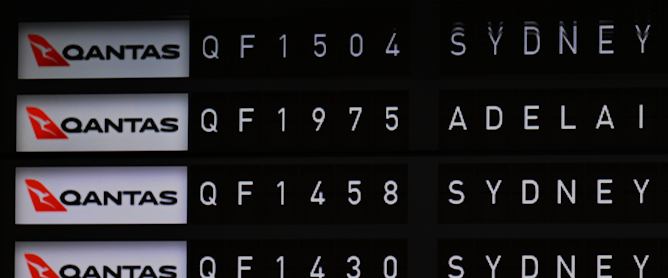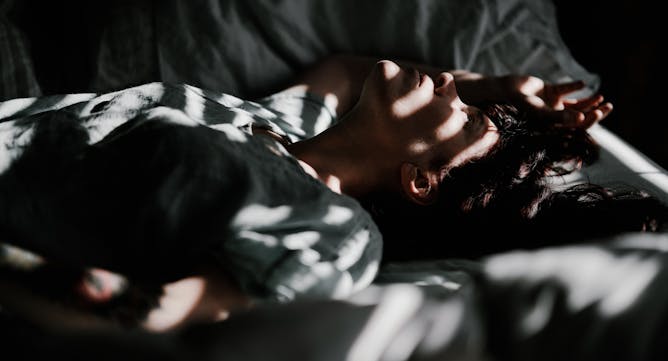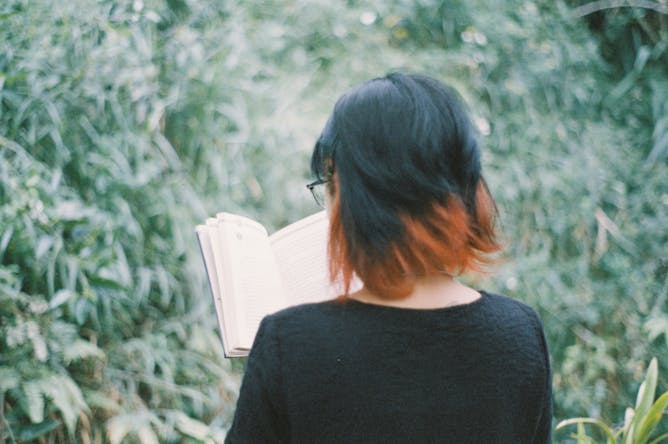|
Earlier this year, the Labor government proposed a well-intentioned yet somewhat murky draft bill aiming to combat the spread of misinformation. Since then, a number of people and organisations have spoken out against it, including constitutional lawyer Anne Twomey, the Victorian Bar and the Australian Human Rights Commission.
The main critique is that the bill, if passed as-is, could lead to online censorship. This would endanger the very democracy it purports to defend, as RMIT lecturer Jay Daniel Thompson explains.
The bill’s main issues stem from the vague way in which it defines important terms such as “misinformation”, “disinformation” and “harm”. We can’t talk about free speech online without addressing these concepts, yet Thompson points out they need to be firmly defined in order to avoid censorship of things which ought not to be censored.
Protecting the public from misinformation is a worthy goal, as is ensuring people can – as far as is reasonable – express themselves freely online. One shouldn’t come at the other’s expense. The good news is the bill has yet to be debated in parliament. A useful debate would ideally consider how we can balance our value of free speech with our desire to protect people from harmful content.
|

|
Noor Gillani
Technology Editor
|
|

Jay Daniel Thompson, RMIT University
The bill, yet to be debated in parliament, is ripe for amendment.
|

Paul Strangio, Monash University
In the US, presidents can serve a maximum of two terms or eight years. Should a limit be placed on political leaders here?
|

Peter Martin, Crawford School of Public Policy, Australian National University
Price discrimination is charging customers who don’t mind paying more than those who do – and businesses do it all the time. But Qantas seems to have taken it to a new level.
|

Anne Twomey, University of Sydney
While most repeat referendums fail, it is possible to succeed if the referendum proposal is altered or untethered from an unpopular element.
|

Liz Evans, University of Tasmania
The hunt for sleep has become a global industry, with apps, drugs, self-help remedies. In a new book, author Marie Darrieussecq contemplates the curse of insomnia.
|

Tonia Gray, Western Sydney University; Jaydene Barnes, Western Sydney University; Marion Sturges, Western Sydney University
Our research shows outdoor parks offer the ideal place for children to engage in risky play. This may challenge parents who understandably wish to keep their kids ‘safe’ all the time.
|

Amber Gwynne, The University of Queensland
Readers with depression initially wanted the ‘instant gratification of being fixed’ from self-help books. That didn’t happen, but they did benefit from the right books at the right times.
|

Nick Fuller, University of Sydney
Our metabolism naturally slows down as we age and becomes dysfunctional after dieting. Here’s what you can do to give yours a boost.
|

Antonia Finnane, The University of Melbourne
A new draft law on public security includes a clause criminalising the wearing of clothes that might be ‘hurtful to the spirit and sentiments of the nation’.
|
Politics + Society
|
-
Richard Shaw, Massey University
The landscape on the right of New Zealand politics is changing. If Christopher Luxon leads National to victory, his first test will be dealing with several potentially difficult coalition partners.
|
|
Health + Medicine
|
-
Cameron Webb, University of Sydney
Warm weather has arrived and that means our annual battle against mosquitoes is back on. Here are five ways to mosquito-proof your backyard that don’t rely on spraying insecticides.
|
|
Science + Technology
|
-
Peter Koval, The University of Melbourne; Benjamin Tag, Monash University; Greg Wadley, The University of Melbourne; Xanthe Lowe-Brown, The University of Melbourne
The iPhone already has an accelerometer, gyroscope, light meter, microphone, camera and GPS. Why does Apple now want you to tell it how you’re feeling?
|
|
Environment + Energy
|
-
Andrew King, The University of Melbourne; Andrew Dowdy, The University of Melbourne
We all know climate change makes extreme weather more likely. But it’s also loading the dice for quick-forming drought, sudden and intense rainfall and fast-forming tropical storms.
-
Christopher Cornwall, Te Herenga Waka — Victoria University of Wellington; Wendy Nelson, Auckland War Memorial Museum
New Zealand’s kelp forests provide food and shelter for many marine species of commercial and cultural value. But they are at risk from warming oceans, run-off from land and marine invaders.
|
|
Arts + Culture
|
-
Yanyan Hong, University of Adelaide
Fondly known as the King of Bollywood, Khan’s cinematic influence on Indian cinema is a story that transcends borders and generations.
|
|
| |
|
|
|
Auckland University of Technology
Auckland, New Zealand
•
Full Time
|

|
|
Auckland University of Technology
Auckland, New Zealand
•
Full Time
|

|
|
|
|
| |
| |

|
| |
| |
| |
Featured Events, Courses & Podcasts
|
View all
|
|
1 January 2023 - 7 October 2026
•
|

|
6 July - 6 October 2023
•
|

|
15 - 17 September 2023
•
Sydney
|

|
22 September 2023
•
South Bank
|

|
|
|
|
| |
| |
| |
| |
| |
|
|